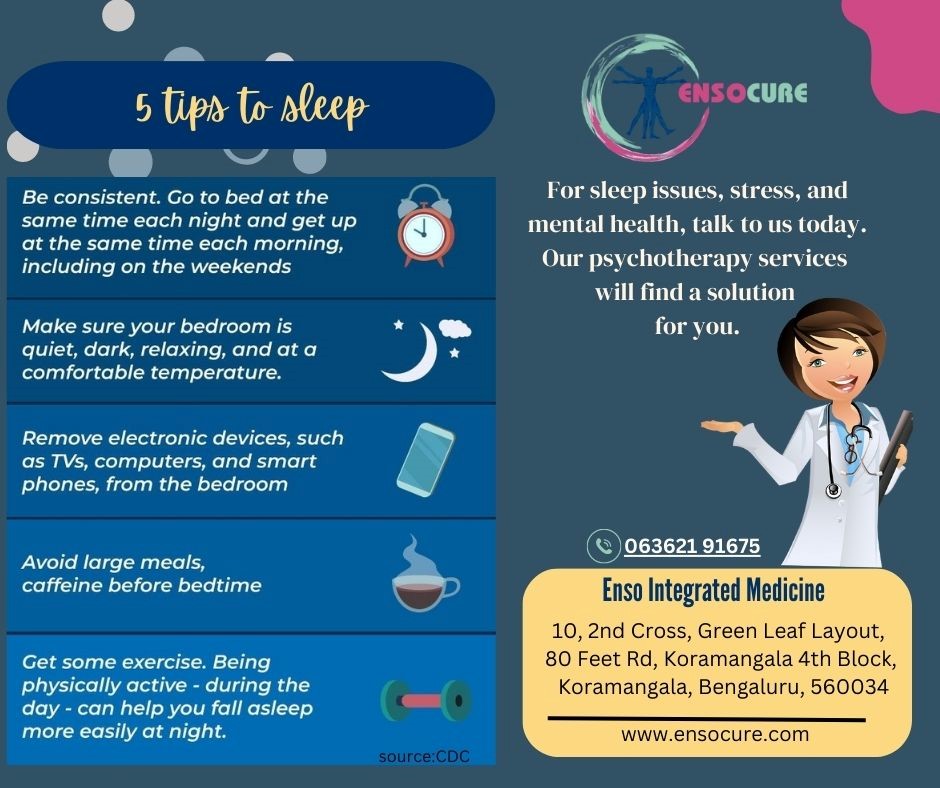While sleep issues do affect mental health, there are several types of sleep medications that can be prescribed only byb doctoirs to treat insomnia and sleep disorders.
Insomnia is a growing lifestyle disorder that can drive you crazy. The problem is what causes your insomnia is a challenge leading to several problems affecting the quality of life. Sleep is vital to growth and development, energy, increased immunity, and mental well-being. On the other hand, sleep deprivation causes issues like poor immunity, anxiety, irritability, stress, and possibly depression. Yet what can you do about it? Is there anything at all to help you sleep? There is. Here is a list of the best supplements for sleep, including medication often prescribed for insomnia. But, hey! Remember, this is for your information, and medication should always be considered after consulting a doctor.
Magnesium
Research has found how magnesium may help relax your central nervous system. Studies found how 500mg of magnesium helped the elderly sleep faster, increased melatonin (the sleep hormone), and reduced nighttime awakening. The recommended dose of magnesium is 350 mg per day. According to the Sleep Foundation, magneisum glycinate was found to be the best form of magneisum for sleep.
Melatonin
AHH, The sleep hormone. Melatonin is what your body produces as it gets dark, so go figure! Using a cell phone before sleep has been found to trigger a reduction in melatonin programmed to respond to light. Aging also decreases melatonin. Studies have found that melatonin supplements in the 1mg to 5 mg range can promote sleep and are generally safe for short-term use. Vitamin B6 also helps the body make Serotonin and Melatonin, both of which are necessary for sleep and mental well-being.
Valerian Root
Valerian root, a herb native to Asia and Europe, has been found to improve sleep quality and treat sleep disorders. While more studies are required on it, doses of 300-600 mg are effective in some people.
Glycine
An amino acid, glycine, is important for the nervous system and has been found to improve sleep. Glycine in the range of 3-5 grams has been found to lower body temperature, signaling sleep time.
Tryptophan
Studies have found that 1 gram of the amino acid tryptophan, taken before bedtime, can decrease the time taken to sleep in those with insomnia.
Prescription Sleep Medications for Insomnia
Sleep medications have known side effects and should always be prescribed by a doctor.
Common Categories of Prescription Sleep Medications
- Benzodiazepines, also known as “benzos”
- Non-benzodiazepine sedative hypnotics or “z-drugs”
- Melatonin receptor agonists
- Orexin receptor antagonists
- Low-dose antidepressants
Common Brand Names for Sleep Medication
- Zolfresh (Zolpidem)
- Sonata (Zaleplon)
- Lunesta, Zolnite (Eszopiclone)
- Ramelteon (Rozerem)
- Ufix (Doxylamine)
- Nitrapam (Nitrazepam)
- Lopez (Lorazepam)
- Nindral (Flurazepam)
- Zaplon (Zalpelon)
- Trika (Alprazolam)
Side Effects
Prescription sleep medication comes with a variety of side effects prevalent in abuse. Side effects common to most prescription medication are:
- Daytime drowsiness
- Cognitive impairment
- Dependence
- Worsening depression
- Withdrawal symptoms
- Allergies

Sleep medications are also habit-forming and are never recommended for long-term use. Most are hypnotic and opioid in nature and should always be prescribed by a doctor. If you are facing sleep issues which could arise out of stress, then Ensocure can help you with counselling or consultation to find the best solution to your sleep problems.

